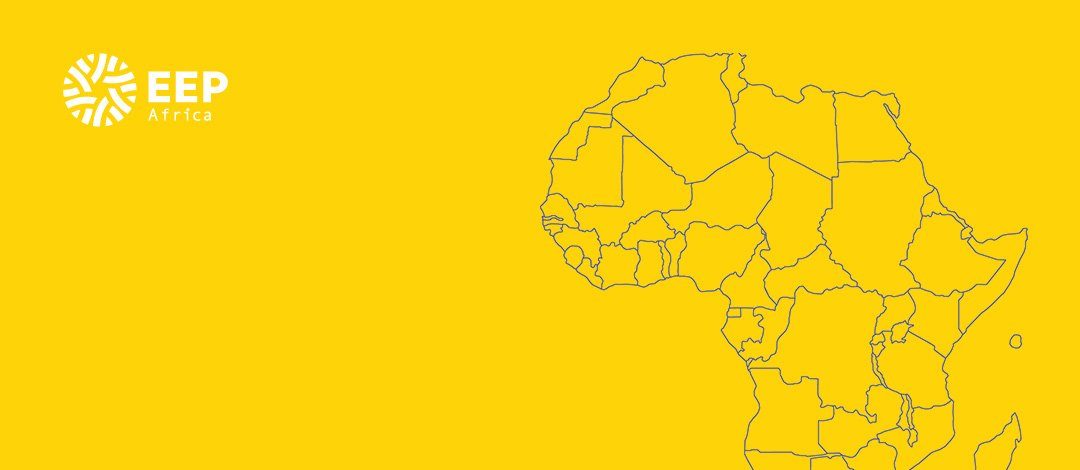
A new EEP Africa study of dozens of projects says renewable energy mini-grids in Sub-Saharan Africa are generating high-quality grid power, providing 24/7 electricity services, creating jobs and boosting local economies
NAIROBI, September 12, 2018 — Today, the Energy and Environment Partnership Trust Fund (EEP Africa) released a new report, “Opportunities and Challenges in the Mini-Grid Sector in Africa.” It found that despite improved economics, mini-grids still struggle to receive the financial and regulatory support needed to scale.
According to an analysis of EEP Africa-funded mini-grids in East and Southern Africa:
- mini-grids on average create 306 new connections per project
- connection costs are as low as EUR 200, much less than centralized grid extension
- mini-grids deliver annual savings per household of EUR 93
- an average of 36 direct jobs are created per mini-grid project
“The continuous improvement of mini-grid cost structure presents an opportunity for financiers,“ said Wim Jonker Klunne, EEP Africa’s Lead Coordinator. “Mini-grids can also transform rural villages into local business hubs, and spur local economies by focusing load on agro-processing or social facilities such as schools or hospitals.“
Smart metering, remote asset monitoring and pay-as-you-go technology platforms have significantly improved mini-grid operational efficiency, the report said.
Despite the enormous potential, however, the report found that mini-grids still lack the regulatory and financial support needed to scale.
EEP Africa called on governments to include mini-grids as part of national electrification plans, establish clear permitting and licensing processes to reduce costs for mini-grids developers, and embrace public and donor capital such as results-based financing (RBF) and low-interest loan facilities to mobilize capital and spur mini-grid development.
The International Energy Agency (IEA) has said that mini-grids have the potential to serve as many as 450 million people currently without access to electricity if supportive policies and finance are in place. Mini-grids and other distributed renewable solutions are the least cost option for three-quarters of all new connections needed in Sub-Saharan Africa, where more than 600 million people still lack basic electricity, IEA adds.
Download the Full Report here >>
About EEP
The Energy and Environment Partnership covering Southern and East Africa (EEP Africa) is a multi-donor fund providing early stage grant and catalytic financing to innovative clean energy projects, technologies and business models. EEP Africa is hosted and managed by the Nordic Development Fund (NDF) and, since 2010, has received funding from Austria, Finland, NDF and the UK. The next major EEP event is a mini-grid-themed Knowledge Exchange Forum planned for Rwanda Energy Week in Kigali on November 9.
Media Contact
William Brent, william@powerforall.org, +34 684 314 268


